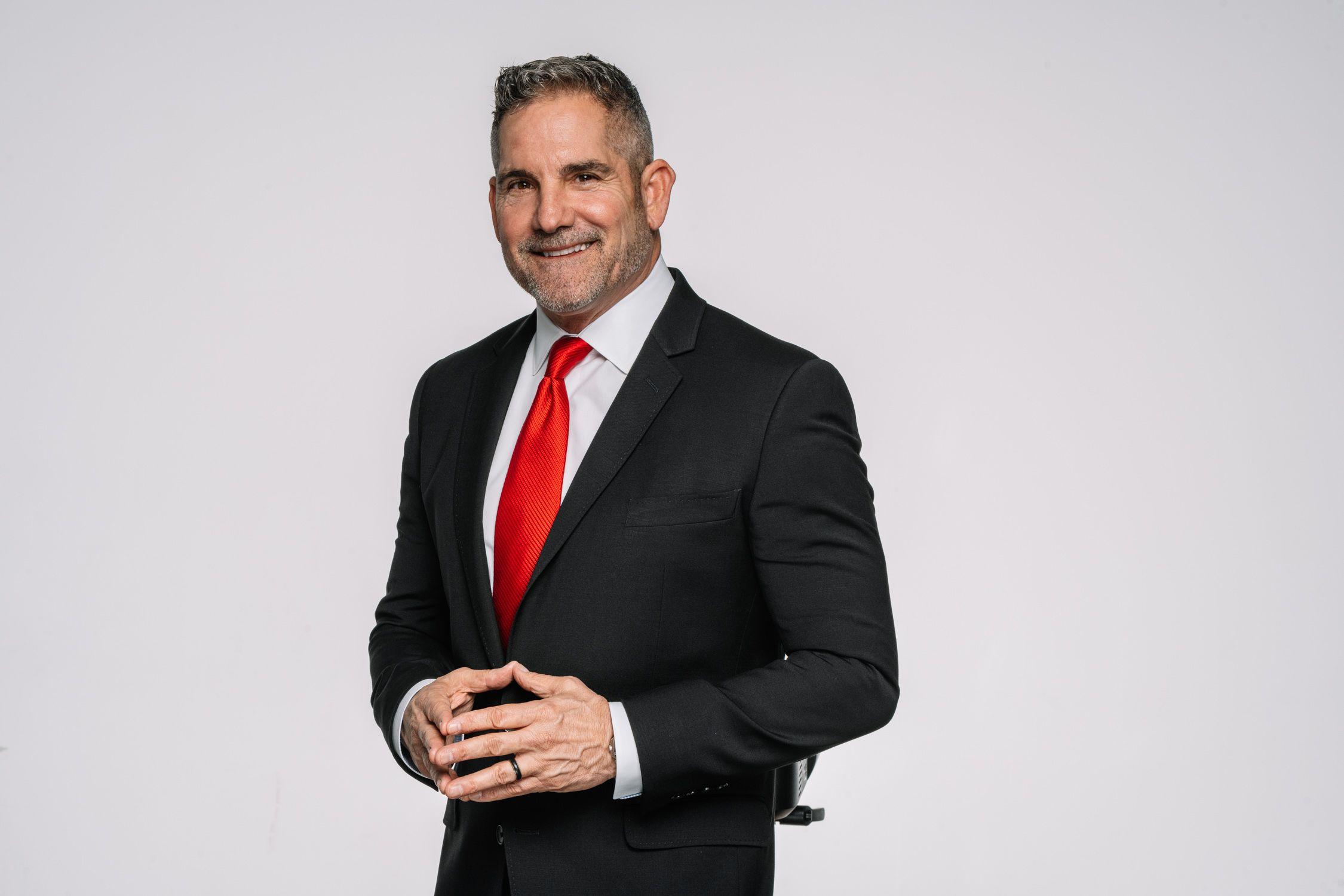Grant Cardone is the founder and CEO of Cardone Capital, a company that manages approximately $5 billion in real estate. And it just launched a new fund that invests cash flow generated from real estate into bitcoin (BTC).
“No one else has ever done this on a large scale. No one has ever done this particular model,” Cardone told CoinDesk in an interview. “And the response from our investors has been phenomenal.”
“There is a friend of mine who has known me for 15 years. He never invested a cent with me. He also never bought bitcoin. He told me bitcoin was too risky and real estate was too slow. When I showed him the fund, he put $15 million into the deal,” Cardone said.
How does it work?
For his pilot, Cardone purchased an apartment complex on the Space Coast in Melbourne, Florida, for $72 million, and invested an additional $15 million in bitcoin into the fund, for a total of $88 million. dollars. The cash flow generated by the property will be converted to bitcoin on average every month for the next four years – or at least until the fund’s asset ratio, currently at 85% real estate and 15% bitcoin, goes to 70% real estate and 30% bitcoins.
If the leading cryptocurrency, which is currently trading at $104,000, hits the $158,000 mark within a year, the value of the entire fund will increase by 25%. If it reaches $251,000 in two years, that number jumps to 61%. Cardone’s projections assume that bitcoin will reach $1 million per coin over the next five years and continue to rise thereafter.
And its ambition is to deploy 10 other projects of this type before June, for a total investment of 1 billion dollars. If Bitcoin rises according to Cardone’s projections, Cardone Capital could end up with a Bitcoin stash potentially worth hundreds of millions of dollars from its real estate cash flow alone.
Taking a page from Saylor’s book
Cardone has been buying real estate for 30 years and is famous for it, with over 4.8 million followers on Instagram, 2.7 million on YouTube and 1.1 million on 000 belong to Cardone itself, and 9,000 of which were financed from 18,400 investors, accredited or not. The company distributes $80 million in dividends per year and its last six transactions have all been paid in cash. “We don’t accept institutional money,” Cardone said. “No sovereign wealth funds, no Wall Street.”
“I’m definitely a risk taker, but I’m a real estate guy, so compared to the degenerates in the blockchain industry, I’m so conservative it’s unbelievable,” Cardone said. Although he had studied bitcoin for seven years, he didn’t see a way to combine real estate and bitcoin until MicroStrategy (MSTR) co-founder Michael Saylor suggested the model to him. “It’s really a version of what he does at MicroStrategy,” Cardone said.
One of the advantages of the real estate-bitcoin fund is that it allows the company to raise capital much faster. Not only are investors flocking to the initiative, but Cardone plans to issue corporate bonds to get cheap, long-term money and somewhat replicate Saylor’s convertible note formula.
He also wants to grant combined mortgages on the projects. Bitcoin mortgage products don’t exist yet, he noted, but Cardone expects that to change after investing hundreds of millions of dollars in these hybrid projects. “$700 million in real estate paid for in cash, $300 million in bitcoin and no debt. Who wouldn’t grant me a $500 million loan against the consolidation? » he said. “I’m talking about very friendly long-term debt, with no margin calls. Seven to ten years. »
Not to mention the possibility of an IPO for the company, which Cardone says could happen in 2026.
Cardone plans to purchase Bitcoin in a price-agnostic manner, meaning he will not focus on buying dips, but will simply purchase Bitcoin within 72 hours of the monthly distributions arriving. The company will also not gain exposure to Bitcoin in any location. exchange-traded funds (ETFs); the plan is to hold the cryptocurrency through an institutional custodian.
Does he ever plan to sell? Not immediately. But he remains concerned about the growing frenzy around cryptocurrencies.
“Where I am in my life, I can take this chance. I don’t need more cash,” Cardone said. “But if you’re 25 and trying to get liquidity for life, bitcoin is not a solution. It’s a gamble, it’s a gamble, and you have to pay rent, you have to take care of your family, you have to pay your bills. And Bitcoin just doesn’t do that.




